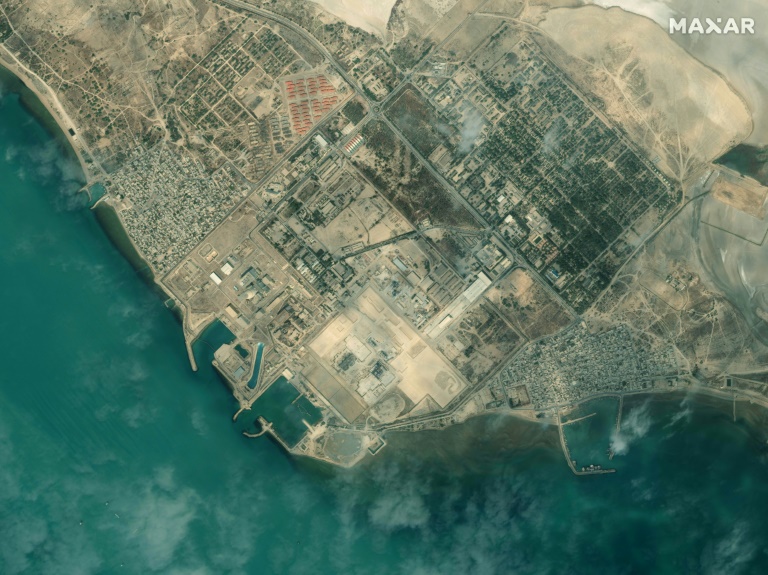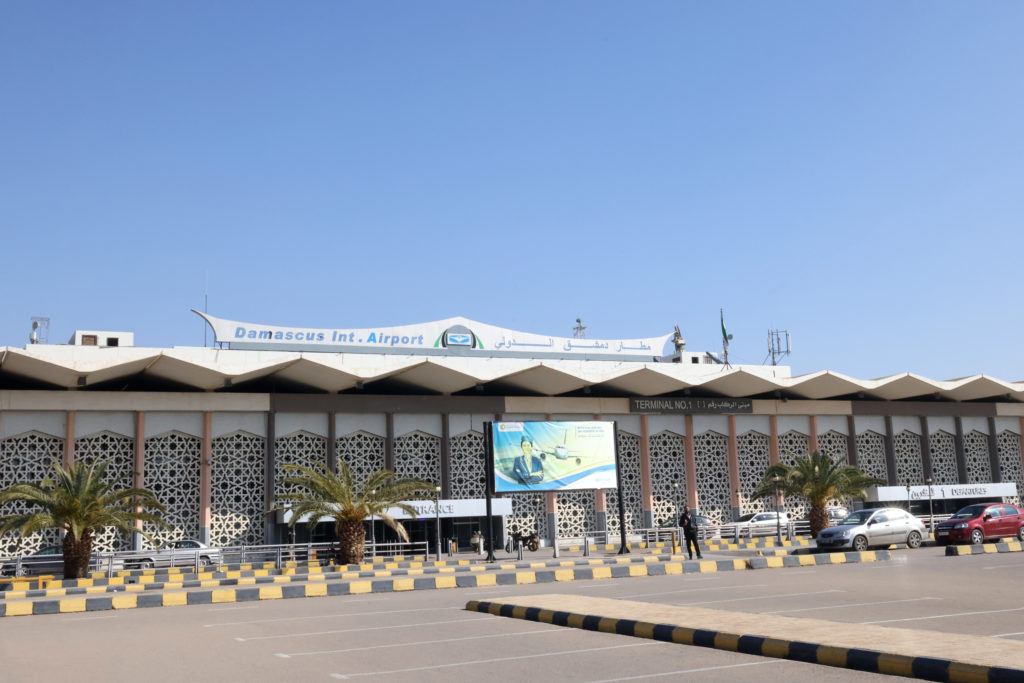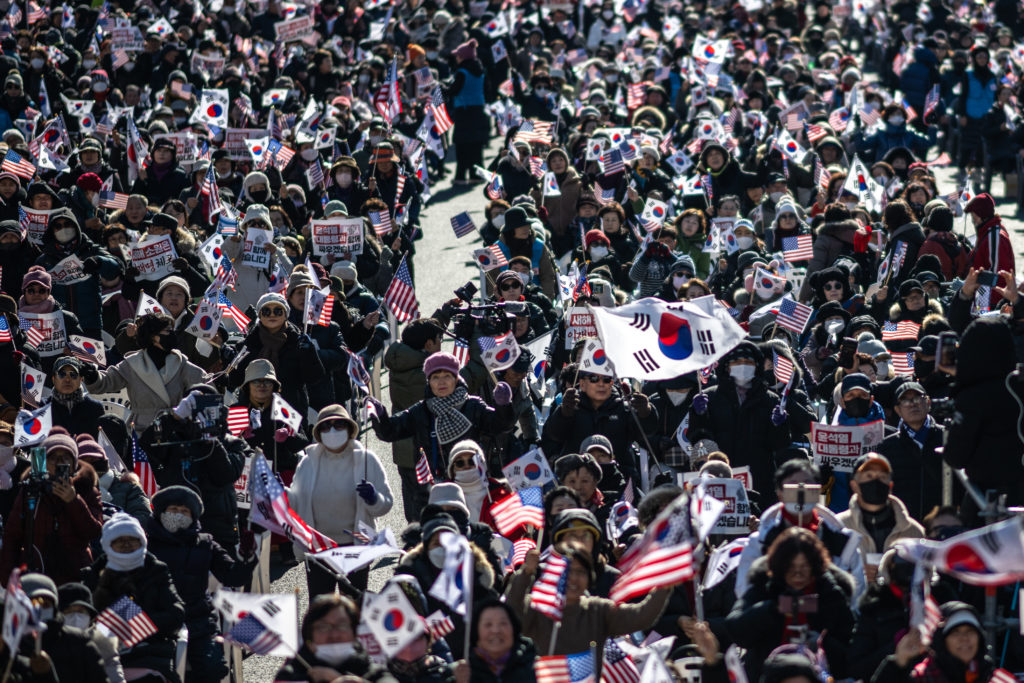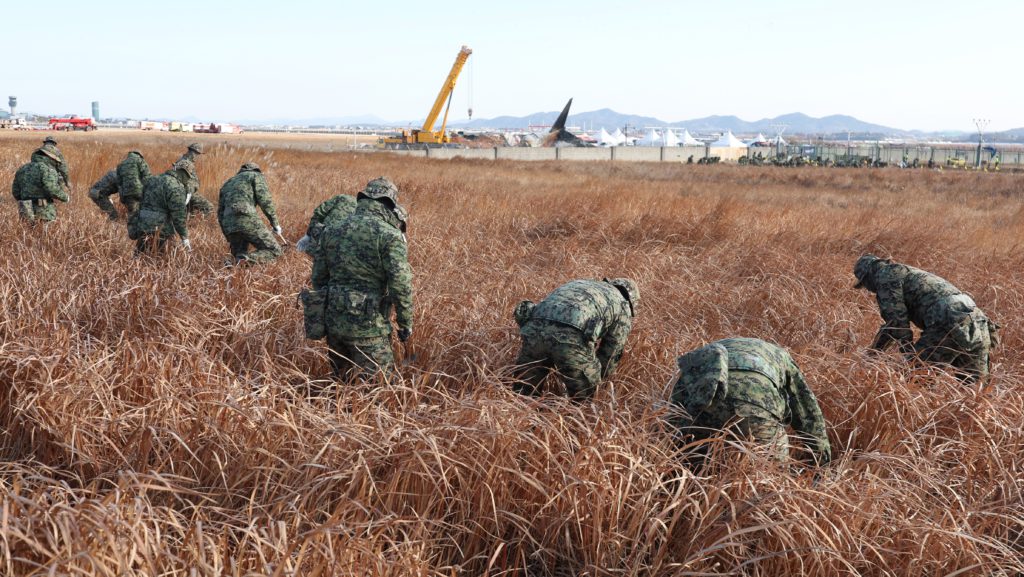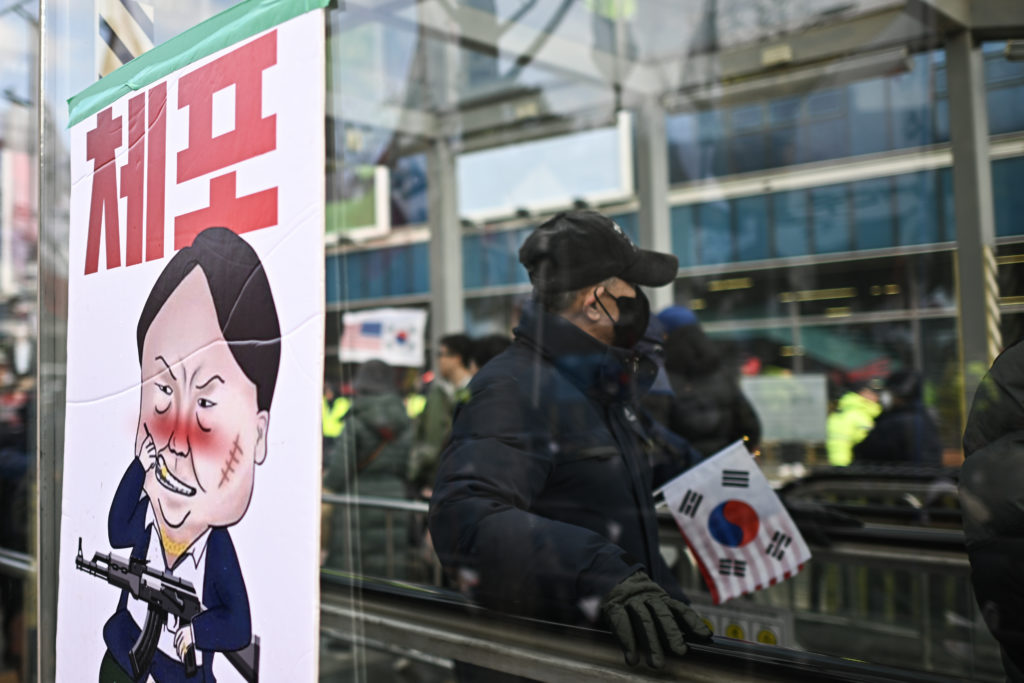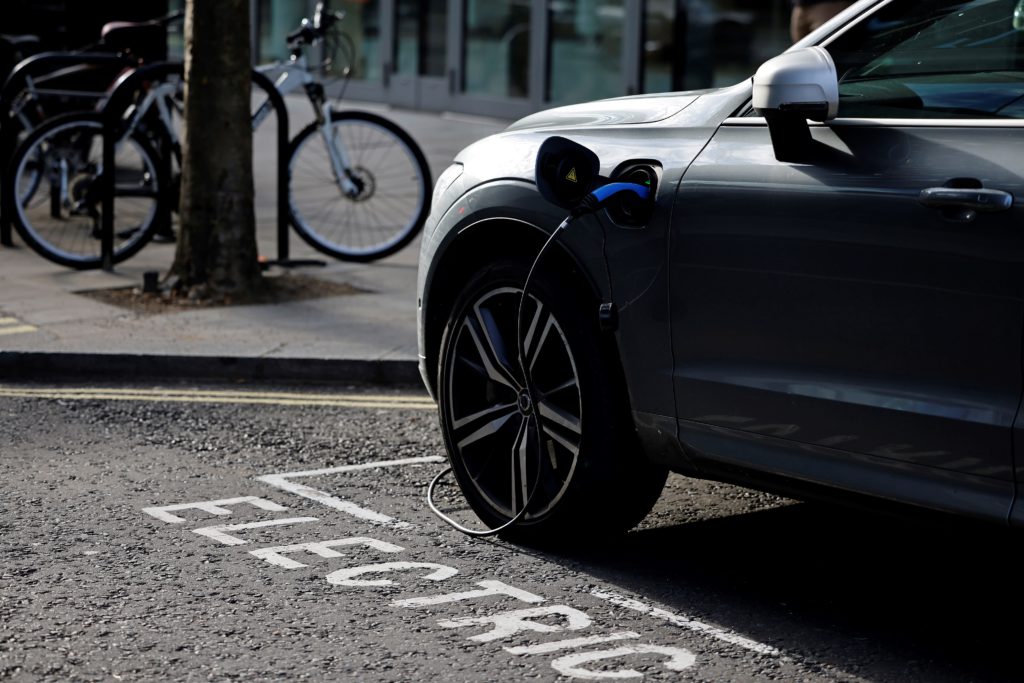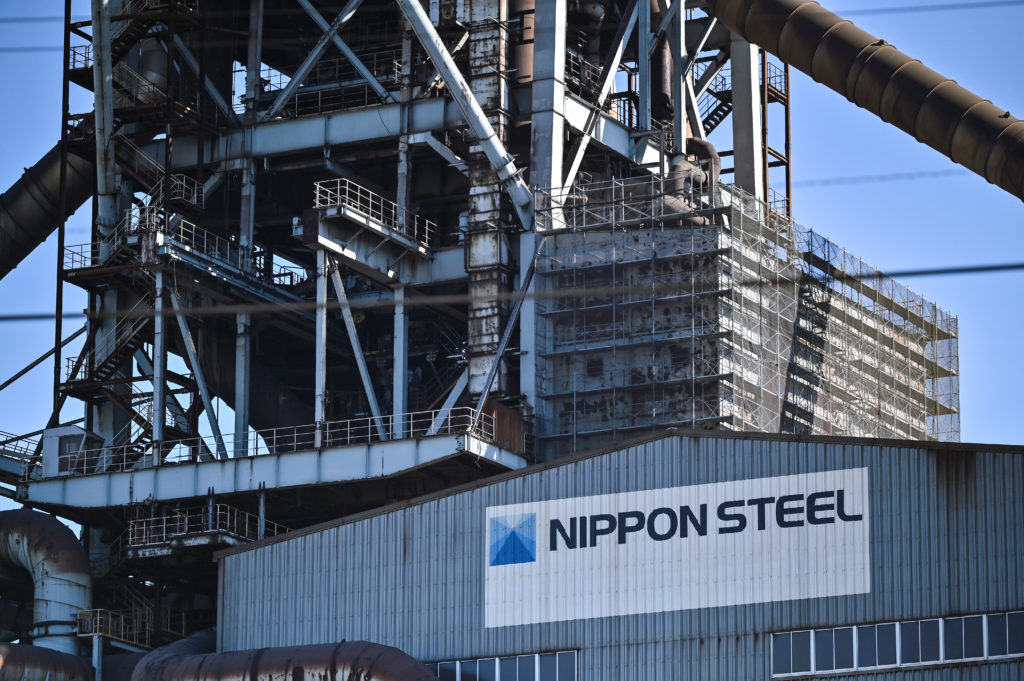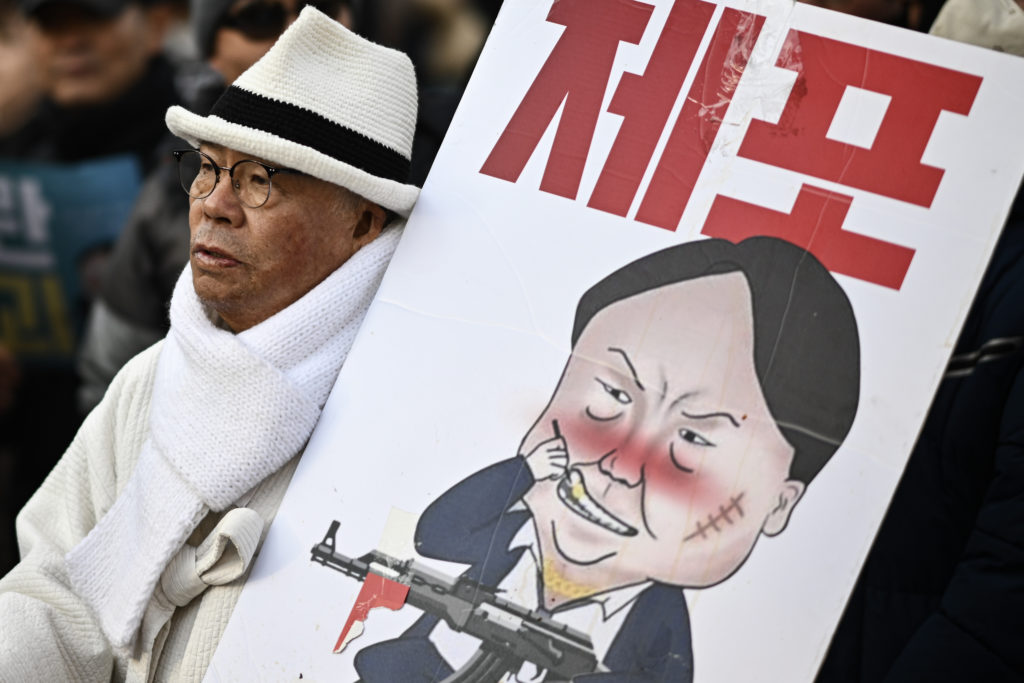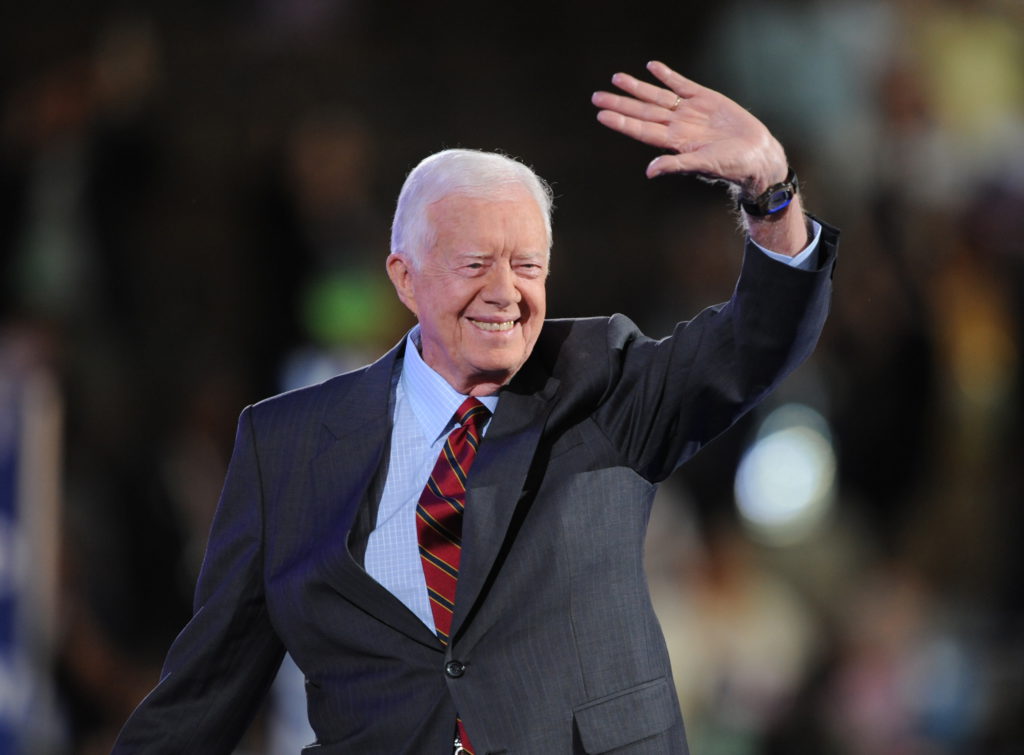Iran’s only nuclear power plant has been temporarily shut down as authorities on Monday gave conflicting reports on an apparent regular maintenance operation.
The Bushehr plant and its 1,000-megawatt reactor, on Iran’s southern coast, were built by Russia and officially handed over in September 2013, despite concerns over its location in an earthquake-prone area.
The shutdown comes as Tehran and world powers attempt to revive a hobbled 2015 agreement on Iran’s nuclear programme in Vienna talks, which an EU negotiator said Sunday were moving “closer to a deal”.
That agreement is staunchly opposed by Israel, which Tehran has accused in the past of sabotage against its nuclear activities.
“Following a technical fault at Bushehr power plant, and after a one-day notice to the energy ministry, the plant was temporarily shut down and taken off the power grid,” the Atomic Energy Organization of Iran (AEOI) said on its website Sunday.
It said the plant would be reconnected to the grid and the issue would be resolved “in a few days”, without further details.
Iran’s national electricity company had urged Iranians to minimise consumption due to a “predicted rise in temperature” and “limitations in power generation due to ongoing repairs” at Bushehr.
The company said repairs may continue until Friday.
– ‘Routine’ –
Nuclear plants regularly shut down for maintenance and to change the fuel supplying their reactors.
Foreign ministry spokesman Saeed Khatibzadeh described the shutdown as “routine”, saying it had been announced beforehand and was carried out “once or twice each year”.
But the latest AEOI statement, quoting its chief Ali Akbar Salehi, reported a “major repairs operation and performance improvement” at the plant on May 26.
The plant refreshed its fuel and underwent repairs on June 22 last year, according to the body.
The AEOI’s deputy chief, Mahmoud Jafari, said in late March that Iran was having a difficult time obtaining supplies to run Bushehr because of US sanctions, and warned of a an imminent shutdown “if no solution is found”.
The International Atomic Energy Agency said Monday it was aware of the AEOI announcement.
“In line with standard practice, the IAEA is in contact with AEOI for further information,” the international agency said in a statement.
Russian and Iranian firms began building two additional 1,000-megawatt reactors at Bushehr in 2016. Their construction was expected to take 10 years.
Iran’s Gulf Arab neighbours have often raised concerns about the reliability of the facility and the risk of radioactive leaks in the event of a major earthquake.
In April, Bushehr province was shaken by a 5.9-magnitude earthquake, leaving five people injured but causing “no damage” to the nuclear complex, according to authorities.
Also in April, Iran accused Israel of being behind a “terrorist” attack on its Natanz uranium enrichment plant, after a “small explosion” at that facility.
– Blackouts –
Iran started rolling blackouts in May after Tehran and several other cities were hit by unannounced power cuts, which sparked complaints from consumers and an apology from the energy minister.
The shortages were blamed on heat, drought impacting hydropower generation, and surging electricity demand partly due to crypto-currency mining.
Power cuts in the peak summer months are not uncommon in Iran, but a government report last month said precipitation was down 34 percent compared to the country’s long-term average, and warned of reduced water supplies for the year.
Since late May, the energy ministry has regularly notified citizens of potential blackouts.
Iran’s outgoing President Hassan Rouhani last month announced a ban on all crypto-currency mining until September to reduce consumption.
The Islamic republic has announced plans to construct 20 nuclear power plants in the long term in order to reduce its reliance on fossil fuels.
The 2015 nuclear deal promised Iran sanctions relief in return for limits on its nuclear programme.
The deal was torpedoed in 2018 after the former US president Donald Trump unilaterally withdrew from it and reimposed punishing sanctions on the Islamic republic.
Trump’s successor Joe Biden favours rejoining the accord and the remaining parties are engaged in negotiations in Vienna to try to salvage it.

